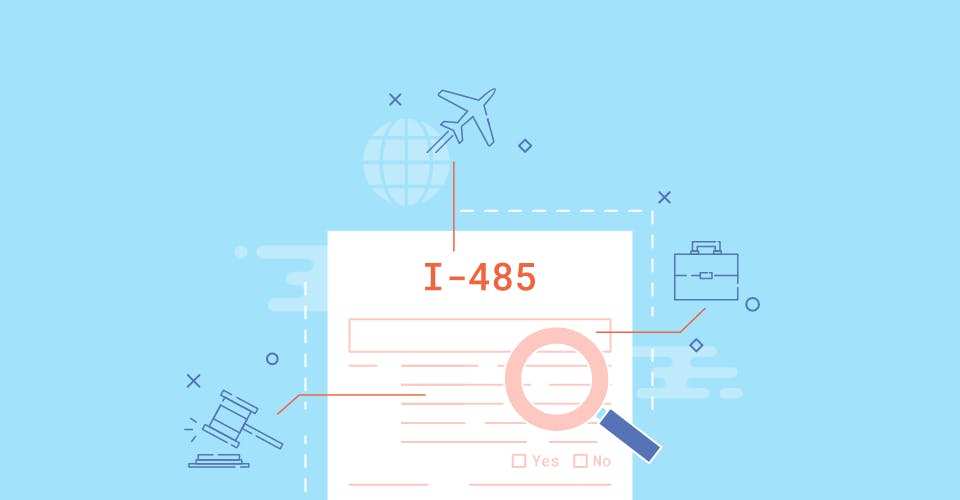The term parole is used much differently in an immigration context than it is in the criminal justice system. In the criminal justice system, the term parole refers to the act of a district court reducing an inmates sentence and therefore letting that person out on “parole”. A parolee is the individual in question.
However, in the American immigration context, the term refers to a different set of laws and procedures. In such a setting, certain noncitizens are seeking to physically enter the United States on the basis of applying for admission, but are either inadmissible or do not have a legal basis for being admitted to the United States. In such a situation, a non-citizen can be “paroled” in the United States, usually for humanitarian purposes.
The Department of Homeland Security (DHS) only grants parole if the agency determines that there are urgent humanitarian or significant public benefit reasons for a person to be in the United States and that the person in question merits a favorable exercise of discretion.
In the majority of cases, and because the United States and by extension the DHS sees a plethora of cases of asylees/refugees seeking entrance into the United States, parolees tend to come to the United States on the basis of humanitarian grounds. The USCIS discusses in their policy handbook that the nature of parole includes the following:
- Humanitarian parole is and must be a temporary measure
- Parole does not technically constitute an “admission” into the United States in the same way it would for those who were recently granted non-immigrant visas
- Parole does not convey any benefits for the non-citizen who has been granted its status
In addition, humanitarian parole is not intended for parolees to be able to circumvent normal visa processing in the United States (although it could be the case that this happens). It is also not intended for parolees to bypass delays in visa issuance or immigrate to the U.S. because of a false notion of a dual intent doctrine.
Who can Apply to be a parolee?
Parole is more likely to be granted to applicants who have some support system in the United States—for example, those who have close family relatives in the United States (close family definitions given by the INA). Technically any U.S. citizen can file an I-134 Affidavit of Support for an individual in another country who is seeking to come to the U.S. as a parolee. In addition, an I-131 Application for Travel Document will need to be filled out accordingly.
In general, the USCIS tends to grant parole for humanitarian reasons based on the following situations:
- An individual is seeking a medical treatment they can only access in the United States
- An individual is visiting an ill family member
- An individual is testifying in a U.S. court case
Can Parolees Adjust their Status?
One of the benefits, or perhaps advantages for some non-citizens who are able to obtain parole in the United States, is that based on select scenarios they might be eligible to adjust their status and apply for a green card. Once again this does not mean or imply that being a parolee in the United States is a shortcut for visa or green card processing. It simply creates a scenario where those who already might have close family members in the United States, or perhaps are seeking asylum as well, can start their paperwork for such processing.
Here are the main ways that a parolee would be able to adjust their status:
- Through a close family member who petitions on their behalf to receive a family based preference visa
- Through asylum seeking documentation, in which case such an applicant may be able to attend his/her asylum interview in the United States during the period before their parole expires
- Through the Cuban Adjustment Act. For more information on this process, please see the following: https://www.uscis.gov/green-card/green-card-eligibility/green-card-for-a-cuban-native-or-citizen














